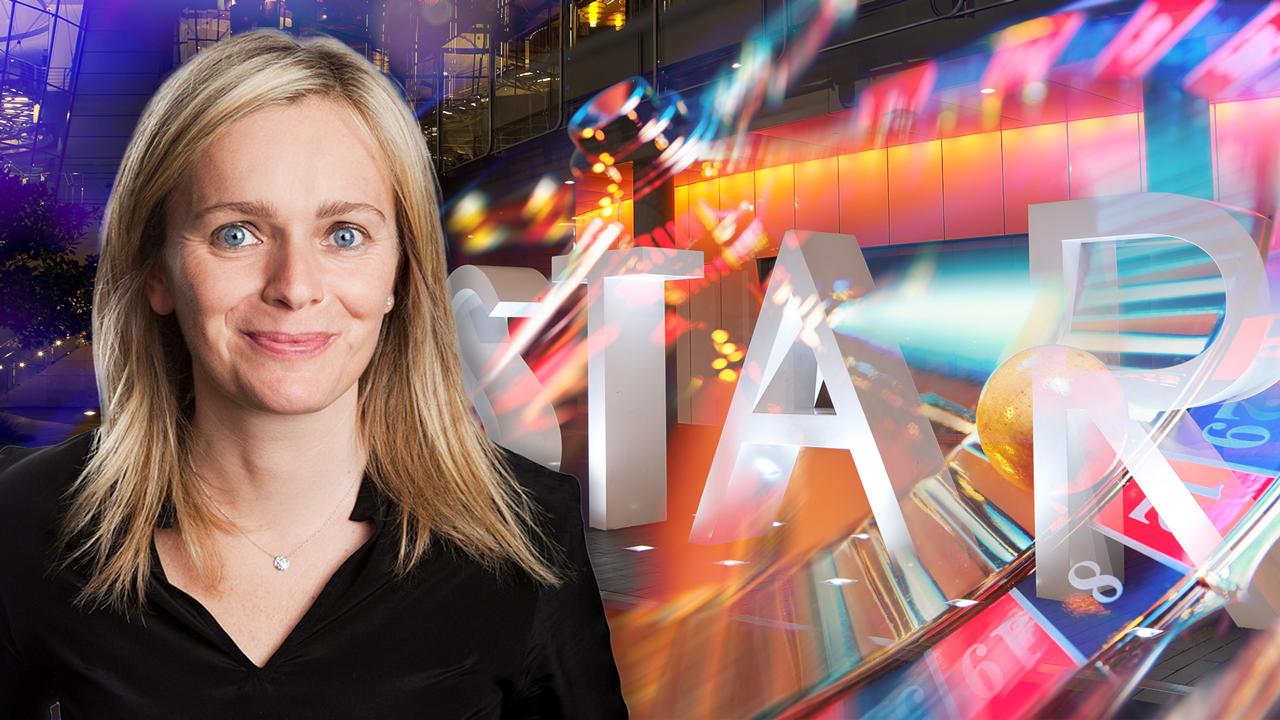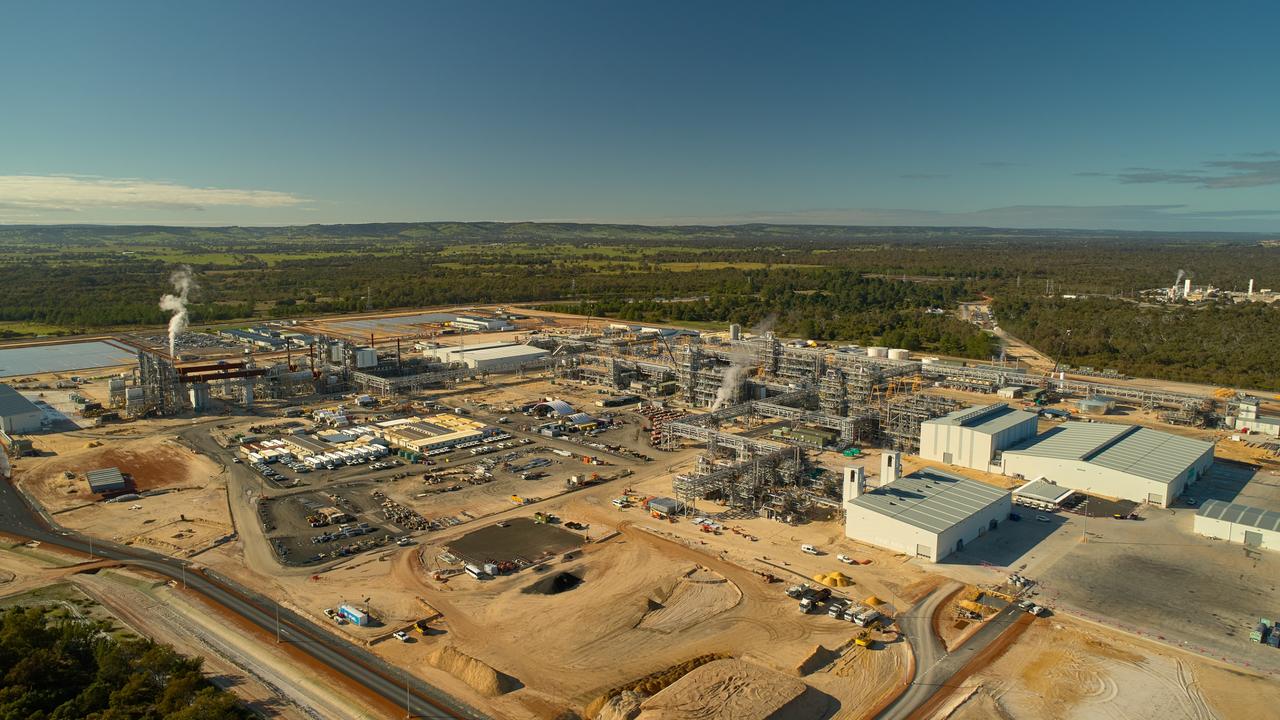Brisbane’s Li-S Energy will work with Janus Electric to develop batteries suitable for big rigs
A Brisbane battery firm that has become the nation’s latest unicorn has just inked a deal that will speed the transition of big trucks to electric power.
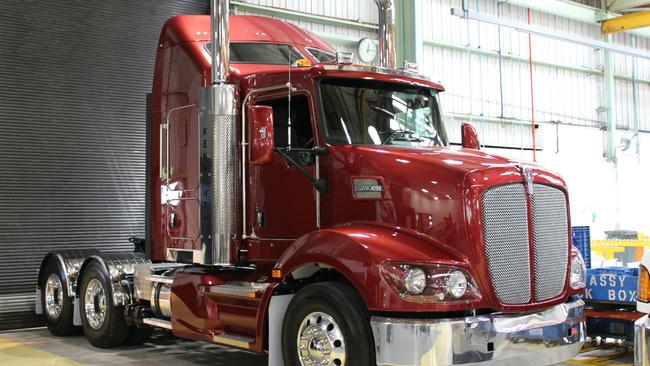
Brisbane battery developer Li-S Energy, the nation’s latest $1bn-plus “unicorn’’ business, has unveiled its first major partnership deal since its spectacular stock market debut in September.
The company announced Monday that it has teamed up with Janus Electric to work on next-generation batteries suitable to power big trucks now reliant on diesel fuel.
Under the “collaboration agreement,’’ Li-S and Janus will develop and test lithium-sulphur and lithium-metal battery cells, both of which have greater energy storage capability than the more common lithium-ion variety.
Janus, which is based on the NSW central coast and launched in 2019, also aims to buy 495,000 battery cells from Li-S by the end of 2023. That’s enough for about 400 trucks.
The first prototype vehicle retrofitted by Janus debuted at the Brisbane Truck Show in May.
It’s currently engaged in trial runs between Brisbane and Sydney, where batteries are swapped out in minutes, rather than recharged, at several “driver reviver” sites along the route.
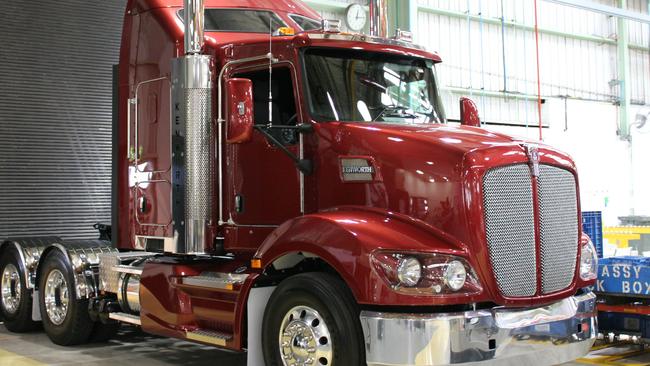
With an existing range of about 400 to 500km per charge, the batteries are estimated to cost about $550 for the trip, or about half the expense of using diesel. Converting a truck now costs about $85,000 but the subsequent savings could see users theoretically break even in about a year.
Li-S chief executive Lee Finniear said he and his team are excited to work on what he described as a “groundbreaking battery exchange system’’ set to shake up Australia’s trucking sector.
“It’s great to have Australian companies working together on such important technology which can accelerate the pathway to a zero carbon Australian transportation system,’’ he said.
After raising $34m from investors, Li-S enjoyed one of the most impressive stock market debuts this year.
Shares issues at 85 cents soared more than 200 per cent on the first day of trade in September, climbing as high as $3 before settling back to finish at $2.33.
They gained 3 cents to close at $2 on Monday, giving the company a market capitalisation of $1.26bn.
Li-S was started two years ago in a joint venture between investment group PPK, Deakin University and BNNT Technology. PPK and Deakin both remain major shareholders and jointly retain 58 per cent of the voting power.
Prior to the stock market listing, the company raised $20m in April and $3.25m in July last year.
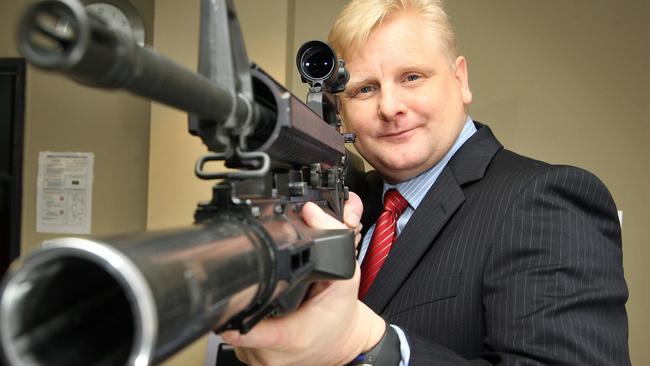
With a global pivot to electric vehicles under way, the current lithium-ion battery market is worth $48bn, with that number tipped to double by 2025.
The lithium-sulphur batteries embraced by Li-S have up to five time the storage capacity but they have yet to gain market share because they fail after only a few charging cycles.
It’s this drawback that has become a key focus of researchers hoping to improve the battery’s life cycle.
Li-S, which is also targeting the aviation and drone markets, reported a $1.68m net loss in the last financial year.
Nearly $1.2m of the red ink stemmed from costs associated with the IPO. Another $198,100 went to “consulting costs’’ with Dr Finniear, including a $100,000 signing bonus when he came aboard.
Dr Finniear previously served as the chief executive of failed Brisbane-based weapons developer Metal Storm, which collapsed in 2012 with debts of about $12m. The intellectual property, trademarks and other assets were later acquired by a US company active in the defence research and development.
Corporate records show Janus has $4.9m paid shares on issue, with backing from a number of Sydney-based investment groups.

